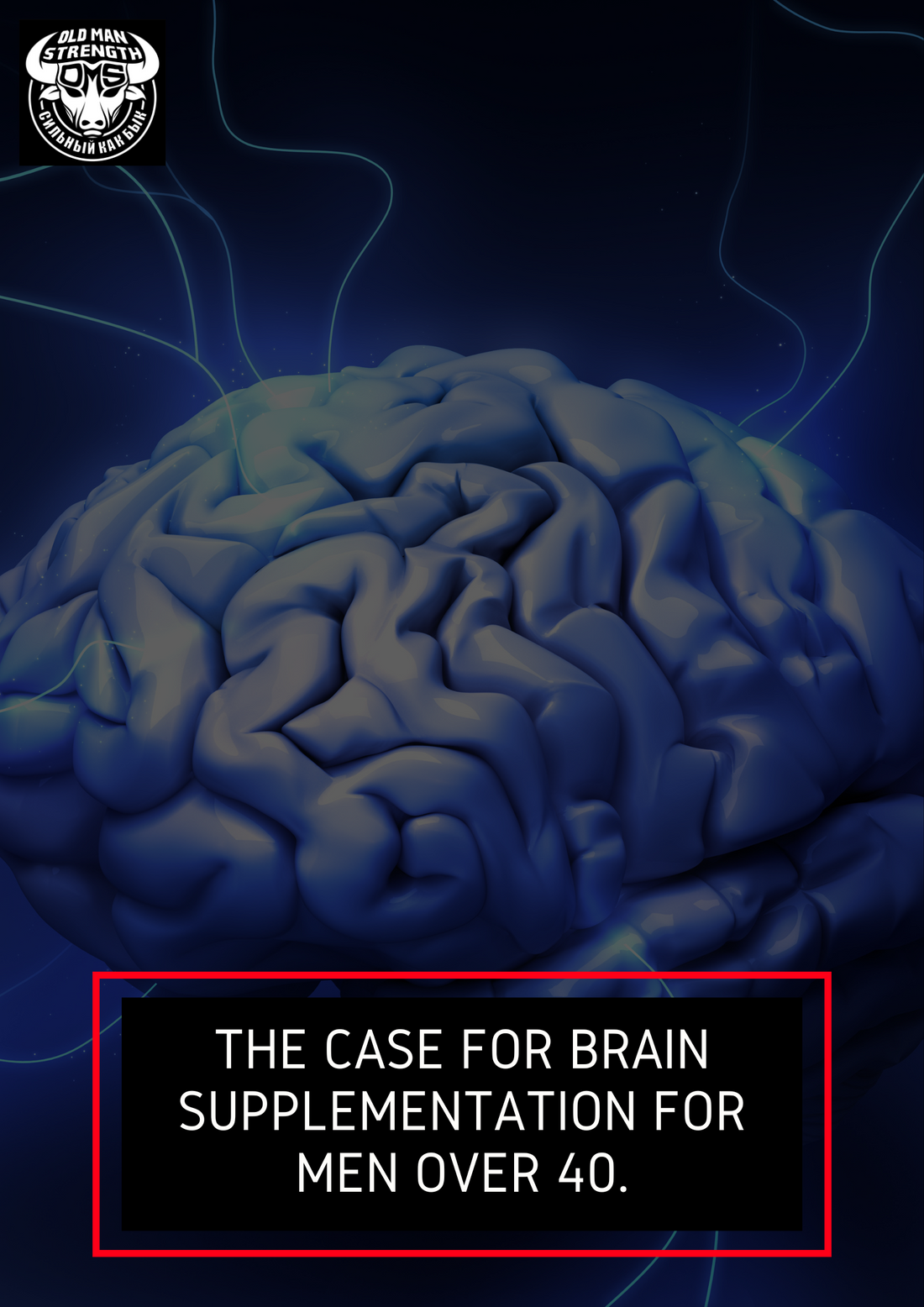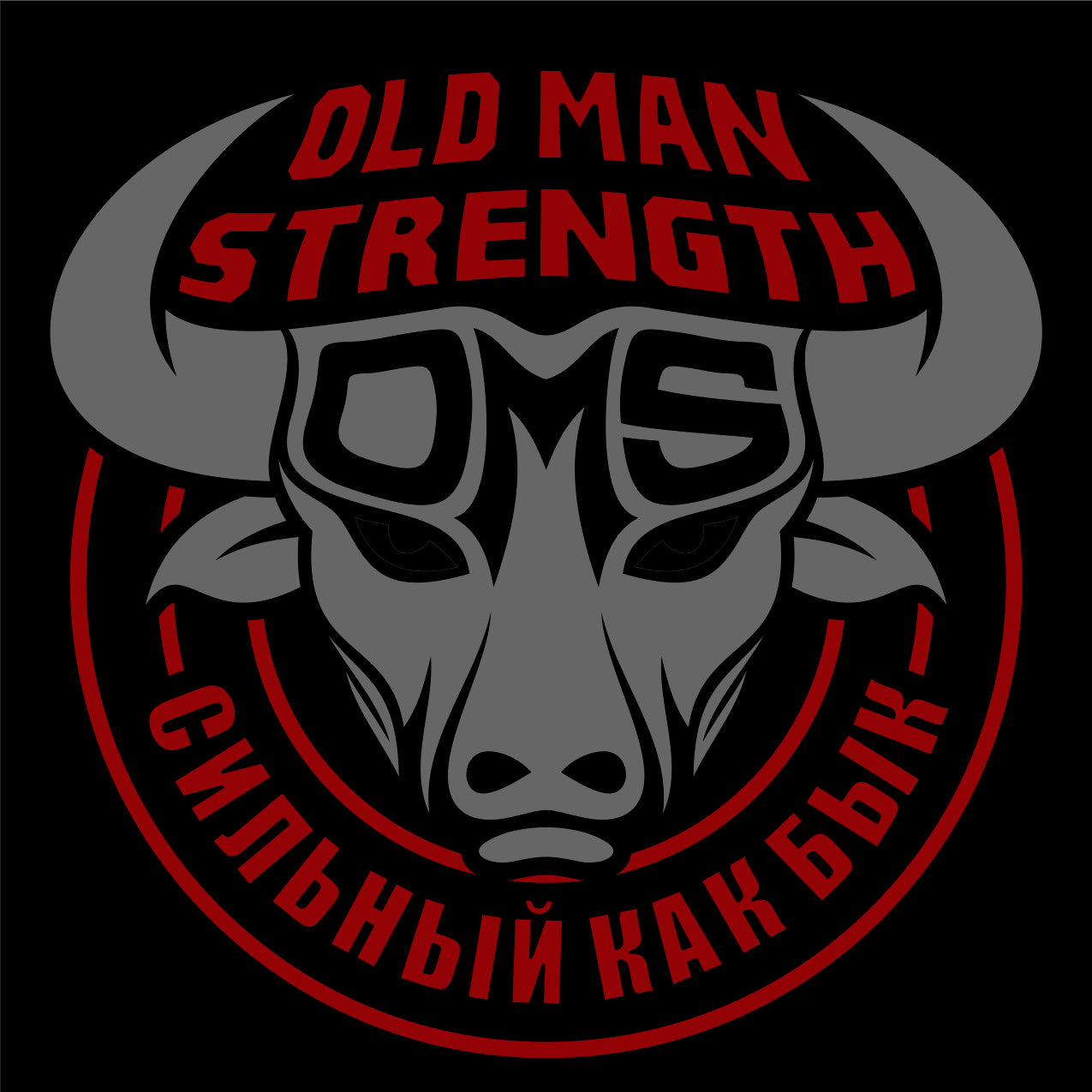
The Case for Brain Supplementation for Men Over 40
As we age, we often find themselves facing various challenges, both physically and mentally. One area that deserves special attention is brain health. As cognitive decline becomes a concern for many individuals over the age of 40, the quest for maintaining sharp mental faculties gains significance. While factors like regular exercise, a healthy diet, and mental stimulation play crucial roles, supplementation can also be a valuable ally in this endeavor.
The human brain, a complex organ responsible for numerous functions, undergoes changes as it ages. These changes can manifest in various ways, such as memory lapses, decreased cognitive processing speed, and difficulty concentrating. Fortunately, advancements in nutritional science have shed light on several compounds that hold promise in supporting brain health.
Omega-3 fatty acids, commonly found in fish oil supplements, are renowned for their neuroprotective properties. Studies suggest that omega-3s, particularly EPA and DHA, play vital roles in maintaining cognitive function and may even help reduce the risk of age-related cognitive decline.
Another promising supplement for brain health is phosphatidylserine (PS). This phospholipid, naturally present in cell membranes, has been associated with improved memory, attention, and cognitive function in older adults. Supplementing with PS may support overall brain health and contribute to enhanced mental clarity.
Additionally, certain antioxidants, such as vitamin E and alpha-lipoic acid, have demonstrated neuroprotective effects by combating oxidative stress and inflammation in the brain. These compounds may help preserve cognitive function and reduce the risk of cognitive impairment associated with aging.
Furthermore, adaptogens like bacopa monnieri and rhodiola rosea have gained attention for their ability to modulate the body's stress response and improve cognitive performance. By supporting stress resilience and promoting mental clarity, adaptogens can be valuable additions to a brain supplementation regimen for men over 40.
It's important to note that while supplementation can complement a healthy lifestyle, it should not be viewed as a substitute for proper nutrition or medical treatment. Consulting with a healthcare professional before starting any new supplement regimen is advisable, especially for individuals with pre-existing health conditions or those taking medications.
In conclusion, as men enter their 40s and beyond, prioritizing brain health becomes increasingly important. While aging may bring challenges to cognitive function, incorporating targeted supplementation can offer support in maintaining mental acuity and overall brain health. By harnessing the power of key nutrients and compounds, men can take proactive steps towards preserving their cognitive vitality and enjoying a fulfilling life as they age.
Men don't stop playing because they grow old, they grow old because they stop playing.
Stay strong.


